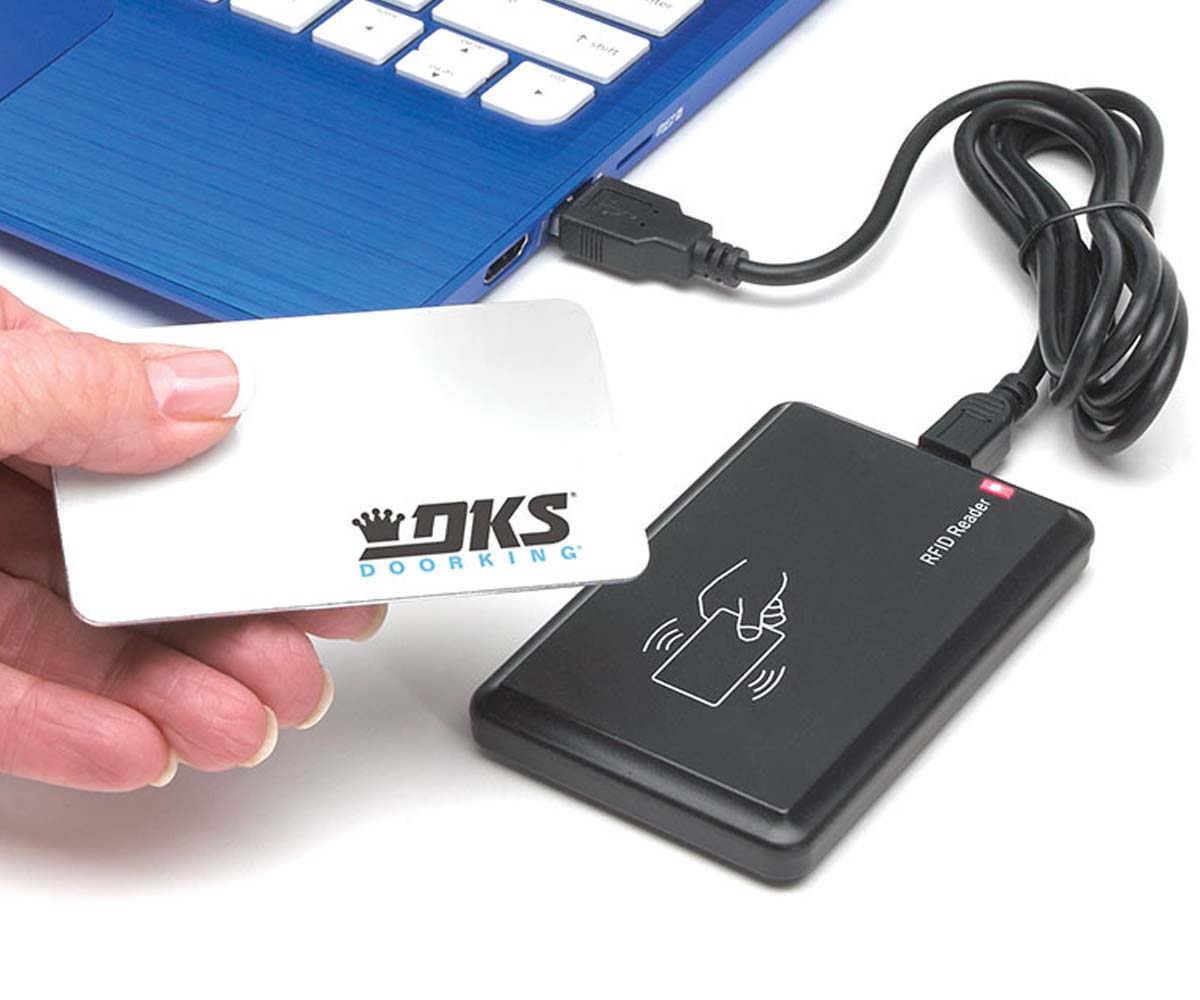
Introduction
Have you ever noticed an itchy, scaly rash on your foot and wondered if it’s athlete’s foot or eczema? What if one condition actually triggers the other? If you’ve struggled with persistent foot irritation, you might be dealing with more than just a fungal infection. Let’s explore whether athlete’s foot can worsen eczema and how to manage both conditions effectively.
Understanding Athlete’s Foot and Eczema
What Is Athlete’s Foot?
Athlete’s foot (tinea pedis) is a common fungal infection that thrives in warm, moist environments like locker rooms and sweaty shoes. It causes itching, redness, peeling, and sometimes blisters—mostly between the toes.
What Is Eczema?
Eczema (atopic dermatitis) is a chronic skin condition characterized by dry, inflamed, and itchy patches. Unlike athlete’s foot, eczema isn’t contagious and often flares up due to allergens, stress, or irritants.
The Connection Between Athlete’s Foot and Eczema
Can Fungal Infections Worsen Eczema?
Yes! Fungal infections like athlete’s foot can aggravate eczema by disrupting the skin barrier. The irritation and inflammation from the fungus can trigger an eczema flare-up, especially if you already have sensitive skin.
Shared Symptoms and Misdiagnosis
Both conditions cause itching and redness, making it easy to confuse them. However, athlete’s foot usually appears between the toes, while eczema can spread anywhere on the foot. A misdiagnosis can delay proper treatment, worsening symptoms.
Causes of Eczema Flare-Ups from Athlete’s Foot
Fungal Irritation and Skin Barrier Damage
The fungus weakens the skin’s protective layer, making it prone to dryness and cracking. This damage can lead to eczema-like reactions.
Immune System Response
Your immune system may overreact to the fungus, causing inflammation that mimics or worsens eczema.
Scratching and Secondary Infections
Constant scratching from athlete’s foot can break the skin, allowing bacteria or allergens to enter and trigger eczema.
Risk Factors for Developing Eczema from Athlete’s Foot
Pre-Existing Skin Conditions
If you already have eczema, psoriasis, or sensitive skin, athlete’s foot can act as a trigger.
Poor Foot Hygiene
Sweaty, unclean feet create a breeding ground for fungus, increasing the risk of infections that may lead to eczema.
Weakened Immune System
People with diabetes or autoimmune disorders are more susceptible to fungal infections and secondary eczema flare-ups.
Environmental Triggers
Humid climates, tight shoes, and walking barefoot in public showers heighten the risk of both conditions.
How to Differentiate Between Athlete’s Foot and Eczema
Key Differences in Symptoms
Athlete’s Foot: Peeling, foul odor, and moist blisters.
Eczema: Dry, thickened skin with intense itching.
When to See a Doctor
If over-the-counter treatments fail, consult a dermatologist for an accurate diagnosis and tailored care.
Treatment Options for Athlete’s Foot and Eczema
Antifungal Treatments for Athlete’s Foot
Use antifungal creams, sprays, or oral medications to eliminate the infection.
Moisturizing with Fragrance-Free Cream
A fragrance-free cream helps restore moisture without irritating sensitive skin. Look for ceramide-based formulas for eczema-prone areas.
Prescription Medications
For severe cases, doctors may prescribe steroid creams or immunosuppressants to control inflammation.
Prevention Strategies
Keeping Feet Dry and Clean
Wash and dry feet thoroughly, especially between the toes.
Choosing the Right Footwear
Opt for breathable shoes and moisture-wicking socks to prevent fungal growth.
Avoiding Shared Spaces Barefoot
Wear flip-flops in public showers and pools to reduce exposure to fungus.
Conclusion
Athlete’s foot can indeed trigger or worsen eczema, especially in those with sensitive skin. By understanding the connection, recognizing symptoms early, and following proper treatment—like using a fragrance-free cream—you can keep both conditions under control. Stay proactive with hygiene and seek medical advice if symptoms persist.
FAQs
Can eczema spread like athlete’s foot?
No, eczema isn’t contagious, while athlete’s foot is a fungal infection that can spread.
How do I know if my foot rash is eczema or athlete’s foot?
Eczema tends to be drier and scalier, while athlete’s foot often has peeling and a foul smell.
Can antifungal creams treat eczema?
No, antifungal creams only work for fungal infections. Eczema requires moisturizers or anti-inflammatory treatments.
Is it safe to use steroid creams for athlete’s foot?
No, steroids can worsen fungal infections. Always use antifungal treatments first.
Why should I use fragrance-free cream for eczema?
Fragrances can irritate sensitive skin, making fragrance-free cream a safer choice for eczema-prone areas.
To read more articles, click here.






